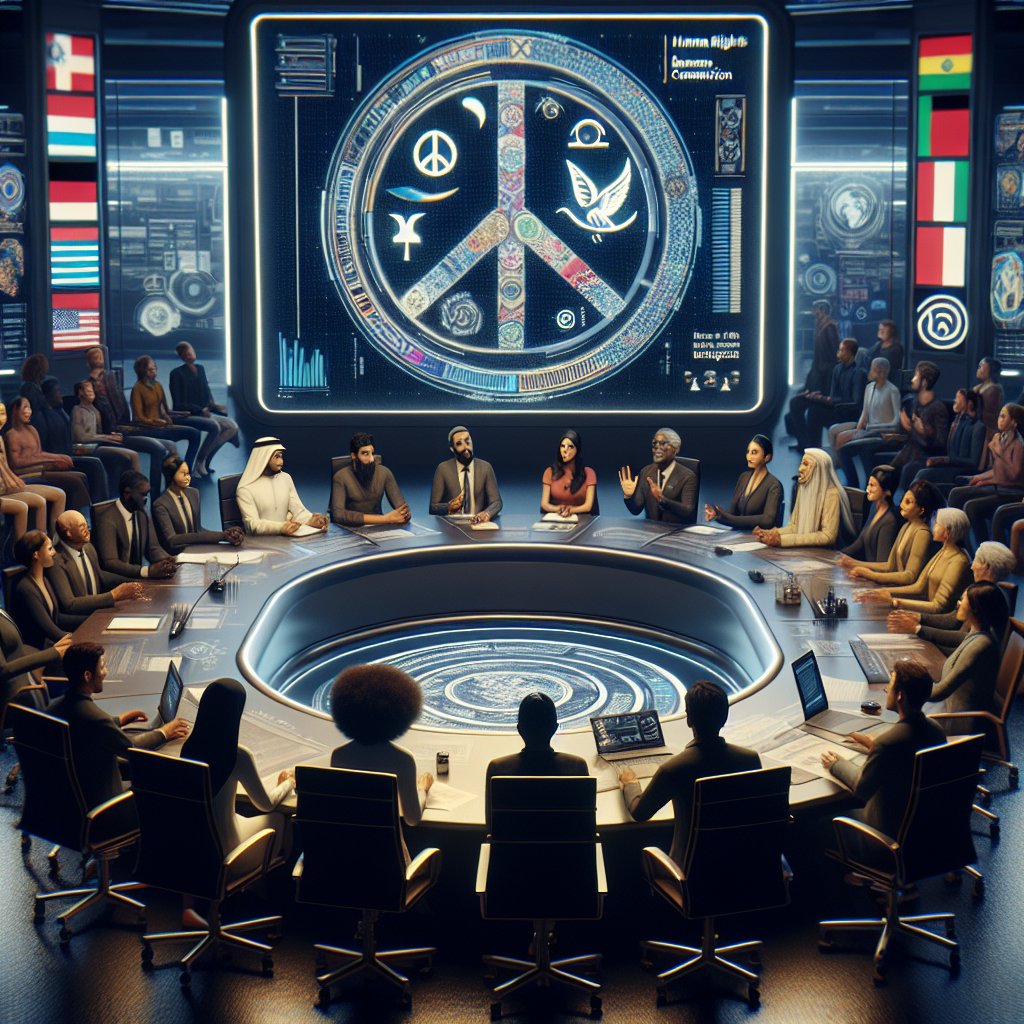Image created by AI
Nketoana Municipality Director Slammed for Incendiary Remarks in Whatsapp Group
In what has become a contentious issue stirring up significant public concern, Disebo Motaung, a director at the Nketoana Local Municipality situated in South Africa's Free State region, has spurred outrage following a highly controversial comment made in a managerial WhatsApp group. The remark in question—a stark and chilling endorsement of violence, "The best is to kill the boer"—came in response to an article discussing individual rights under the threat of kidnapping and the forced divulgence of banking details.
Amidst a current socio-political climate where the echoes of historical intolerances still resonate, Motaung's statement has ruffled feathers across the community and drawn the ire of the Democratic Alliance (DA), a prominent political party in the province. The party has not minced words in expressing distress over the comment, stressing that such language, especially coming from a senior municipal official, poses a severe threat to the fabric of social cohesion that South Africa's democratic society relies on.
The condemnation from the DA was unreserved and unequivocal. They have initiated a multi-tiered approach to address what they have deemed a gross misdemeanor. The steps include filing a formal complaint with the South African Police Service for an exhaustive investigation into the matter and moving forth with a submission to the Human Rights Commission. The DA has maintained that Motaung, as a municipal director, holds considerable sway over the community and ought to embody the values of peace and unity, upholding and advocating for harmony rather than discord.
Motaung was approached for a response to the developing situation but declined to offer any comment or clarification. Her refusal to engage has not stemmed the tide of criticism, with the DA and other observers maintaining that public officials carry a responsibility to rise above divisive rhetoric. Such high-ranking figures in the community are supposed to promote reconciliation and set a positive example.
The DA's statement underscored the recklessness and irresponsibility of Motaung's comments, warning of the latent capacity of such statements to fuel actual violence and breed fear and segregation within society. They pointed out the detrimental impact not only on the immediate targets of the statement but on the general confidence in municipal leadership.
This incident puts a spotlight on the ongoing struggle against racially-motivated speech and actions in South Africa, illustrating the tensions that still exist within certain segments of the population. It reinforces the ever-present need for leadership to advocate for unity and to unequivocally denounce any rhetoric that could potentially demarcate division or incite hostility.










